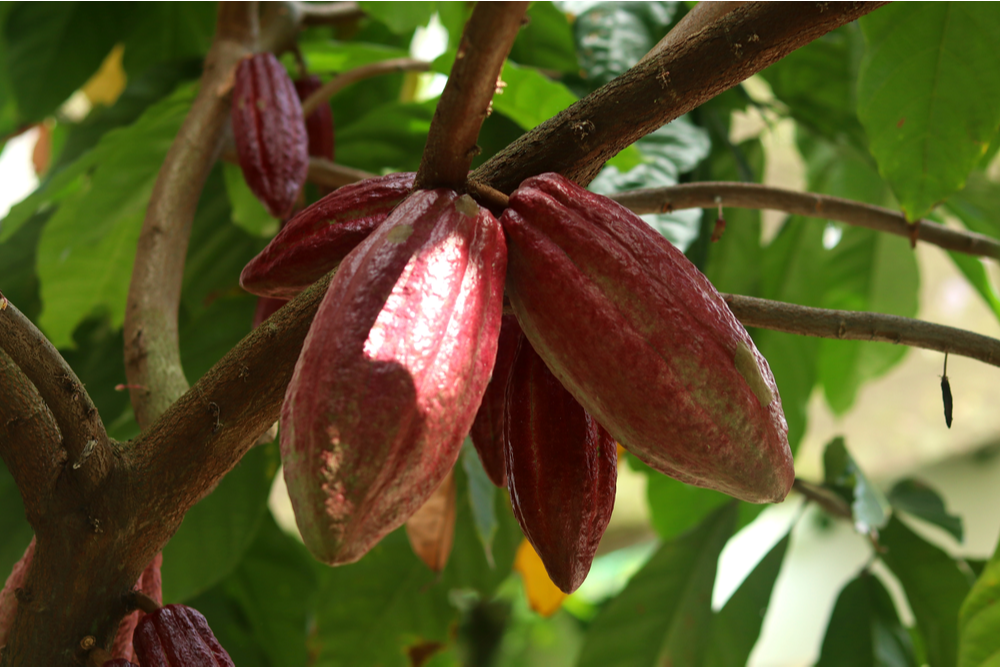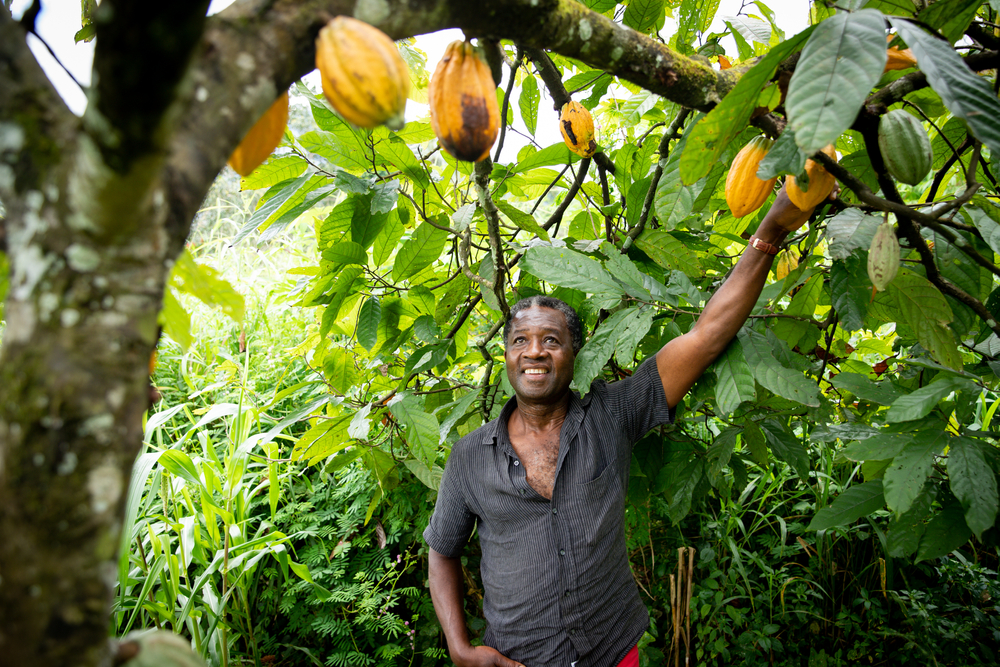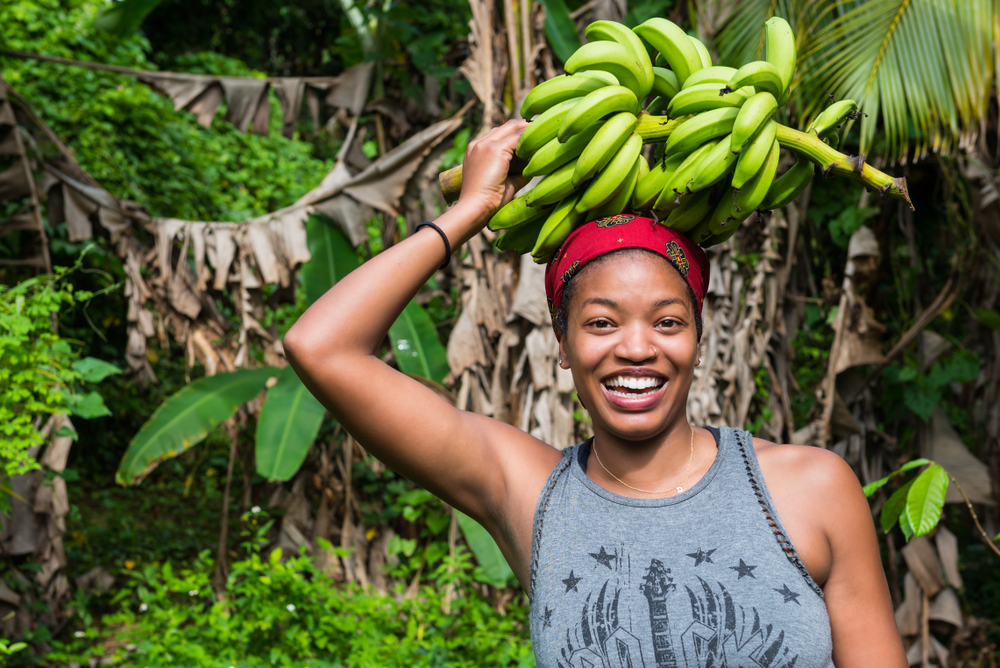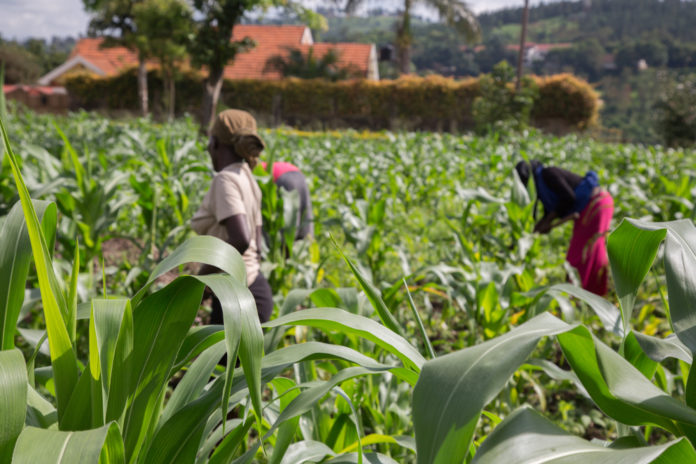When you think of 21st century farming you may conjure up images of scientifically rooted agriculture using modern mechanization and an acute grasp of both chemistry and biology. However this is unfortunately not always the case. In fact, many of our most used products are mass produced in what are otherwise conditions akin to slavery in African and Asian locales. While this is thankfully not a region spanning issue in the Caribbean, we can learn some lessons and send a message through our own farming practices. The cocoa industry is an ideal launch pad for this matter. Let’s see why.

A Sad State Of Affairs
Over 70% of the world’s cocoa is grown in West Africa with large portions of this group being produced in ways that are anything but ethical. In 2021 The Guardian UK reported that Mars, Nestle and Hershey were set to face yet another major child slavery lawsuit in the US over their sourcing of raw materials from Africa. This is nothing new and has been documented for decades with multiple scandals, public pressure and documentaries made. Companies have now taken to using proxies and subsidiary groups to obtain cocoa in order to publicly appear to have ‘clean hands’. Regardless, the world has largely ignored the atrocious conditions both child and adult has to endure in this part of the world in hopes of earning a bare pittance for survival.
Children are lured away from impoverished areas, sometimes with something as simple as an offered ride and then trafficked to farms and plantations where they’re placed under stringent watch and forced to farm and harvest cocoa under steep ‘work quotas’. Many companies tend to dismiss this as a ‘local issue’ out of their control however the fact remains that the final product is still bought and bound for their factories.
Realizing The Caribbean’s Potential
According to some historical sources, in 1830 Trinidad was responsible for 20% of Europe’s cocoa. Of course, in today’s modern world with 7 billion souls, the massive tropical nations of West Africa are ideal production grounds for large scale cocoa farming. However Trinidad and Tobago still has a poorly utilized and unfortunately hardly mentioned ace up its sleeve in the cocoa industry. That is the refinement of globally recognized and prized cocoa strains such as Trinitario which it in fact sells to large scale cocoa producers. Are we implying that small island nations such as TT or other Caribbean members should attempt to take on the questionable cocoa producers of the globe? Yes however not in the way you may believe.

Be Ambitious, Take Risks
A recent piece by TT’s Express newspaper noted that, according to prominent businessman Derek Chin, Guyana is now both a bread basket and a green pasture for regional investment. Indeed according to Stabroek News TT manufacturers have taken a keen interest in plans to invest, grow and import produce from Guyana for their businesses. Consequently, partnerships already exist wherein, for example, products such as coconuts are produced in Guyana and shipped internationally via TT based companies. Similar arrangements could be initiated utilizing TT’s cocoa expertise and Guyana’s availability of land and agricultural potential.
This would not only allow both nations to generate revenue and realize untapped economic potential but also apply competitive pressure to the less ethical or questionable producers elsewhere in the globe. Rather than become a beacon for trafficking and slavery, this regionally produced cocoa can be grown ethically utilizing modern science and industry with even greater potential yields8.
Farm To Table As A Regional Business Model
The fact that both affordable and high quality, artisan variants of cocoa can be synthesized here in the Caribbean means that, in conjunction with its tourism and services industry, a ‘Farm to the table’ approach can be adopted. That is, fresh product in prime condition can be sold directly to service industry venues and restaurateurs both improving their brand and lowering their import costs.

Such a move need not be limited to the cocoa industry alone and, as per our aforementioned drive to engage in cooperative farming, can be applied to a wealth of other farmed goods such as exotic local fruit and vegetables. In fact, this need not only benefit farmers in regional neighbours with large areas of land but can also serve to uplift and improve the quality of life for small island farmers as well. In functioning as an allied, regional economy, the production costs can be offset through state incentives, initiatives and partnerships that would create a consolidated supply. Cheaper production and a single face representing a large share of a market’s supply would allow a more affordable product to be produced as opposed to the costlier, more risky business of single small producers vying to penetrate markets monopolized by larger nations.
The Ethics of Self Improvement
Not everyone’s path to success leads to them becoming a programmer, engineer or STEM professional. For many, farming and the benefit it creates both to the economy and quality of life can and should be a viable means of empowerment. If pulled off correctly, a farm to the table initiative involving regionally viable tropical crops can assist in providing meaningful income and opportunity for those seeking a career in farming. Through private public partnerships, skills can be taught and startups can be financed which would yield productive output over the long term, particularly in this time of skyrocketing global commodity prices and a looming food crisis. Put simply, more than two birds can be killed with one stone here.



















